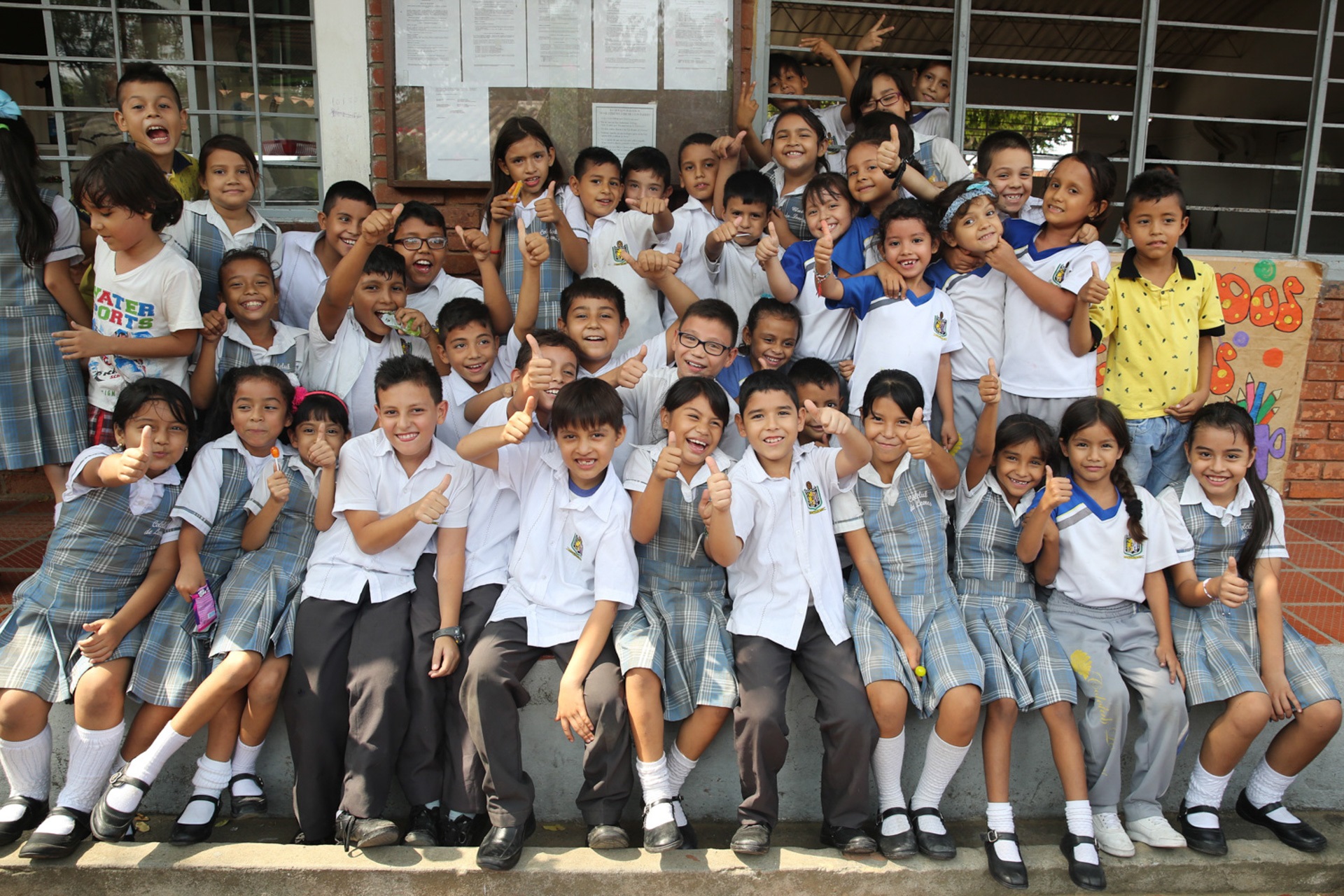
The case studies in this chapter provide examples of how countries advance the case for investment in adolescent health and well-being.
COVID-19 and the right to education in Colombia

On March 16, 2020, the Colombian government suspended in-person school classes due to the national emergency of the COVID-19 pandemic. Later, in June, the government provided guidelines for remote classes and sanitary measures within the classrooms.
However, many parents felt that the public authorities did not uphold their duty to guarantee access to education for their children during the pandemic and had failed to take adequate measures, such as providing access to the internet and computers. They argued that they could not afford the technology needed for remote classes and that their children were discriminated against.
A group of parents brought a lawsuit on behalf of their children against public authorities, charging a violation to their right to education. The Court found that the COVID-19 pandemic had seriously disrupted the children’s education, especially in impoverished communities. Further, it found that, due to the emergency, authorities had a special duty to reinforce the protection of the right to education, accounting for its economic burdens.
Since there was no internet connection in many towns and no cell phones or computers, among other things, authorities had to adapt to the emergency and ensure the right to remote education for children, always considering the best interests of the children. The Court established that authorities provide the necessary means for remote classes and ordered them to devise a plan to correct the shortcomings the pandemic had created in terms of education.
Source: Colombia, Constitutional Court, 3 February 2022, SU 032/2022 [webpage]. Trento, Italy: COVID-19 Litigation; 2022 (https://www.covid19litigation.org/case-index/colombia-constitutional-court-su-0322022-2022-02-03)
